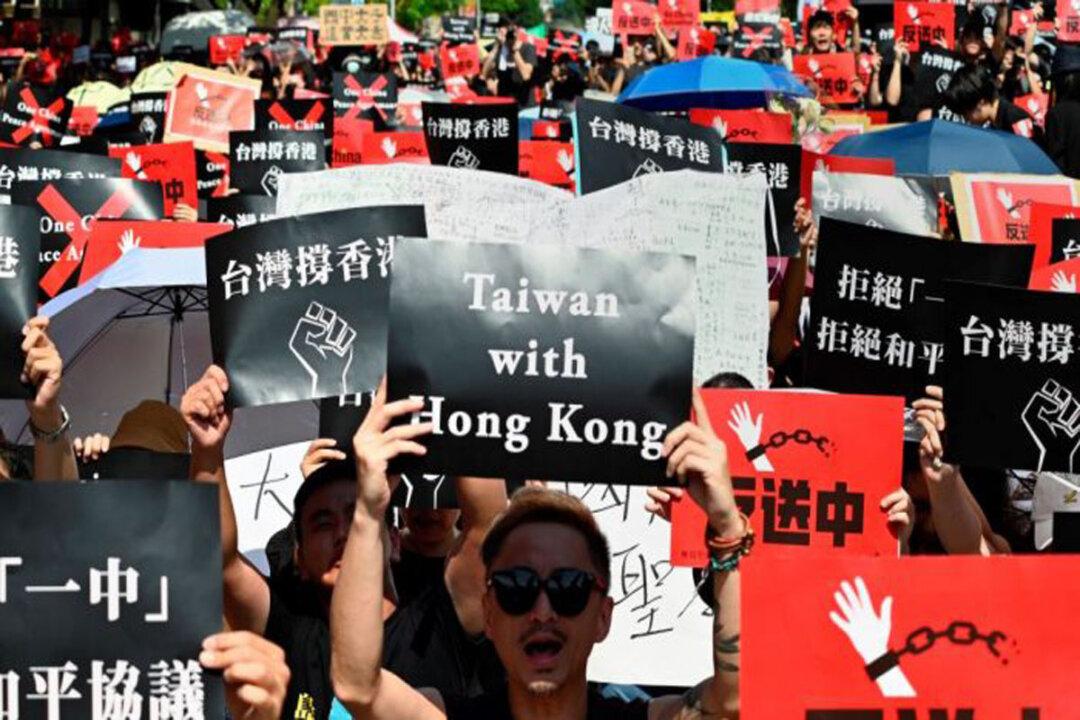A number of Taiwan’s non-governmental organizations have called on Taiwanese citizens to participate in a parade scheduled for Sept. 29 that supports Hongkongers’ protest against the extradition bill. In an exclusive interview with the Chinese-language Epoch Times on Sept. 26, Hong Kong legislator Eddie Chu Hoi-dick noted that when facing the Chinese authorities’ suppression and encroachment tactics, cowardice and appeasement serve no use. He called on the people of Taiwan to stand hand-in-hand with Hong Kong citizens against the Chinese regime, as the regime wants to control both territories.
Chu, a Hong Kong social activist and politician, graduated from the Chinese University of Hong Kong where he majored in English Studies. In 2016, he contested the 6th Legislative Council election and won the election with 84,121 votes, the highest among all candidates, without any party backing.





